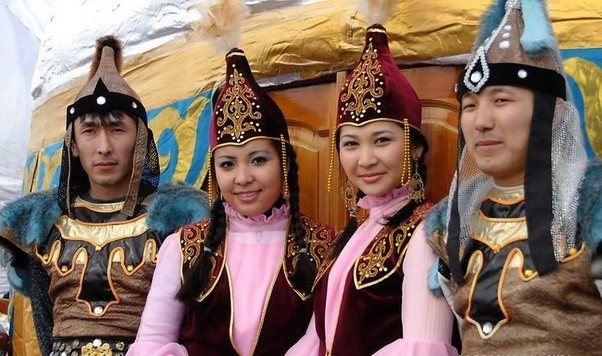The character 匈 (pinyin: xiong, pronounced: ssiohng) means fearsome or ferocious. The character 奴 (pinyin: nu) means slave. What would the combination 匈奴 mean?
Answer: The Huns……well maybe!
Pronunciations
Medieval Chinese: hiong no
Mandarin: xiong nu
Cantonese: hung nou
Hokkien: hiong lo
Korean: hyung-no
Japanese: kyodo
Vietnamese: hung no
Origins
There is much debate on whether the Xiongnu and the Huns that ravaged Rome were of the same stock. What is known is that the word 匈奴 was the Chinese name for a confederation of nomadic peoples from northern and central Asia. This term was coined during the Han Dynasty (206 BCE – 220 CE). Geographically speaking this would coincide to the lands of the Turks and the Mongols.
Notice that the Medieval Chinese pronunciation of 匈奴 sounds fairly close to Hun. This is a theory that links the Xiongnu to the Huns; however, it assumes that the term 匈奴 was a phonetic transliteration into Chinese. Although possible, this may not be the case.
Historians speculate that both the Xiongnu and the Huns spoke a proto-Turko-Mongolic language that may have split into the two language groups: Turkic and Mongolic. If this is true, this would explain why both cultures share several cultural traits: throat singing, yurts, horse culture, and weaponry. The Turkic peoples of Kazahkstan, Kyrgyzstan, Western China (Xinjiang), and the Mongols of Mongolia and Northern China (Inner Mongolia) may be descendants of the Xiongnu.



